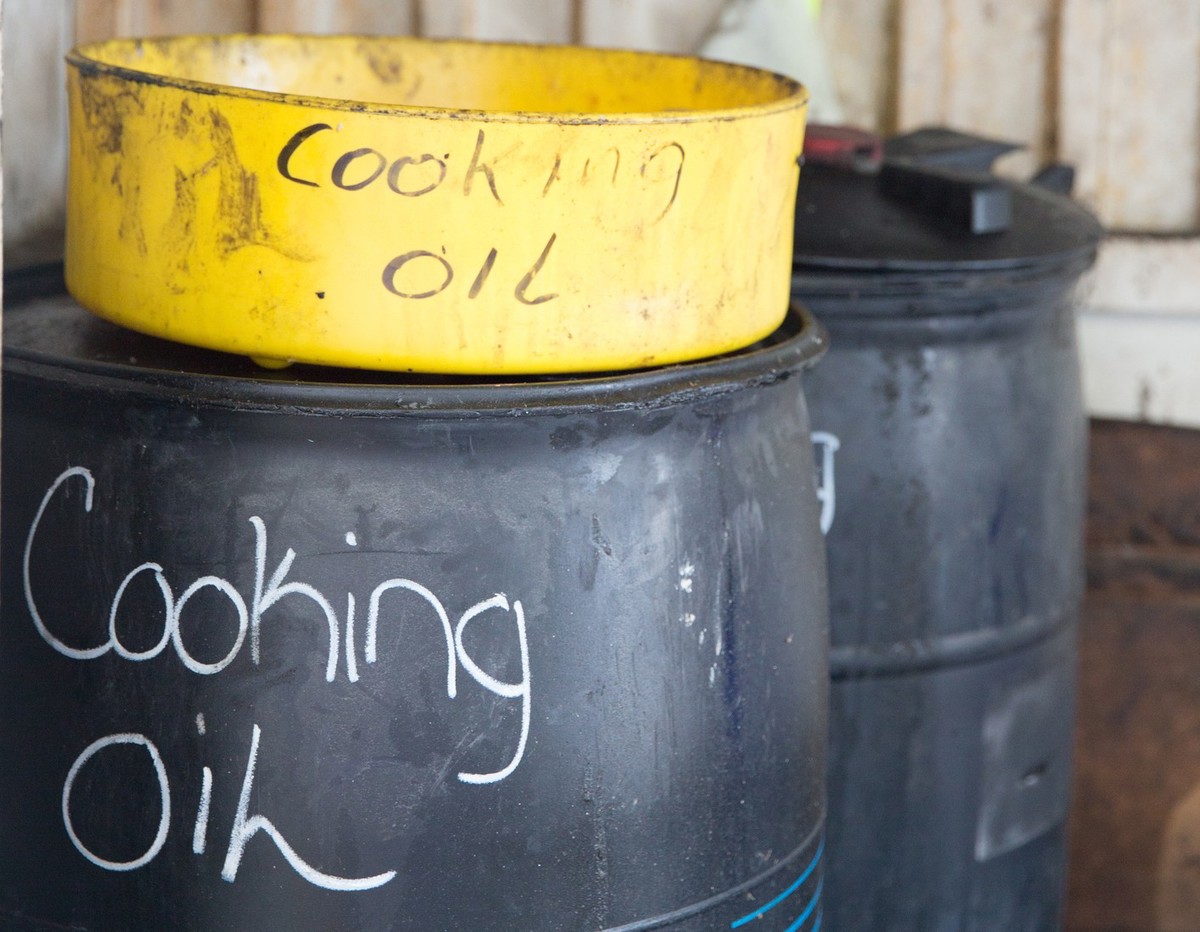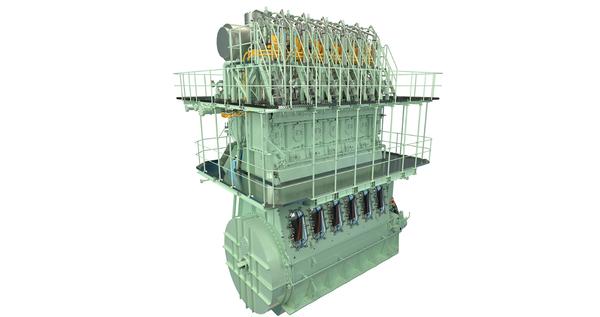The Week in Alt Fuels: Cooking the biofuel books
As biofuels gain ground in EU shipping, a credibility gap is emerging. Strict regulatory oversight seems to be missing and great fraud risks across the supply chain are testing the limits of certification.
 IMAGE: Barrels of used cooking oil. Getty Images
IMAGE: Barrels of used cooking oil. Getty Images
Biofuel bunkering has finally got legs, especially in Europe where the EU ETS and FuelEU Maritime regulations now render conventional fuels more expensive to burn.
Suppliers in other areas of the world have also been able to roll out bio-bunkering and offer ships sailing into the EU ways to cut their cost exposure towards these regulations.
Then there is voluntary demand from mostly container liners, vehicle carriers and passenger ships that are able to pass on biofuel price premiums to the IKEAs, BMWs and environmentally conscious cruise passengers of this world.
Shipping is far from the only industry to opt for bio. Competition with aviation and road fuels is heating up.
All of this has created unprecedented demand for certifiable sustainable biofuels. Countless bunker suppliers and traders have obtained ISCC certifications and sold sustainable fuels to shipowners for them to meet regulatory and voluntary demand.
Sustainable feedstocks like palm oil mill effluent (POME), cashew nut shell liquid (CNSL), forest residue and food waste are widely used in biofuels supplied to ships in Dutch ports, where they qualify for advanced biofuel rebates. In most other ports, used cooking oil (UCO) biofuels rule the waves.
So, great! The regulations are working to drive biofuel uptake in shipping and everyone is patting themselves on the back.
Behind the veil
But there is another side to this story. Several investigations have uncovered opaque and highly questionable supply chains for biofuel feedstocks.
- ISCC certified 2.3 million mt of POME in 2023 – about four times global theoretical output – mostly from Indonesia and Malaysia, with smaller volumes from China and Colombia. Indonesian officials estimate up to 94% of POME trade may be fraudulent.
- The EU and UK consumed 1.8 million mt of POME-based biofuel for transport in 2023 under the EU’s Renewable Energy Directive (RED II), according to data from Eurostat and the UK Department of Transport. Such a high volume suggests that the ISCC may be certifying the same POME volumes multiple times between collection and market placement.
- Germany wants the European Commission to gather all evidence related to fraud allegations in certifying and labelling biofuel imports originating from China.
- In 2023, Germany filed a complaint concerning suspected fraudulent certification and mislabelling of Chinese fatty acid methyl ester (FAME) biofuels by ISCC. The ISCC had certified the Chinese companies involved in the supply chains of this FAME trade.
- Höegh Autoliners, Hapag-Lloyd, Louis Dreyfus and two European climate groups urged the IMO to discourage crop-based biofuels in shipping, warning they offer limited well-to-wake emissions cuts and rely heavily on unsustainable feedstocks like palm and soybean oil.
Bunker traders are only required to check that the physical bunker suppliers have valid ISCC certificates for the company entities they are selling biofuels through, and that the biofuels on offer are within the feedstock scope of the physical suppliers’ certifications.
Physical suppliers are in turn required to perform similar checks of their biofuel sources, and this way the ISCC checks work their way up the supply chain.
At the start of the supply chain, however, where restaurants and other kitchens hand over UCO to collection depots, there are massive blind spots. Auditors seldom verify whether so-called UCO is genuinely spent - let alone recycled beyond the usual handful of fry cycles. Because UCO commands a premium over virgin oil, suppliers have a perverse incentive to palm off fresh product as “used,” and therefore “sustainable.”
The pressure is on
Germany has now called for on-site audits to weed out fraudulent UCO sellers from supply chains that the EU’s near-term decarbonisation efforts rely heavily on.
The ISCC has come under heavy fire with allegations of rampant fraud. The European Commission has even debated suspending it for two years - a move that would have risked throwing the baby out with the bathwater by dismantling the entire sustainable biofuel certification framework along with its flaws.
Germany has repeatedly pushed for more scrutiny. Its concerns can loosely be boiled down to this: what’s the point of switching from oil to bio if the bio is produced from palm oil that leads rainforests to be chopped down, and their natural carbon capture ability to weaken?
The ISCC had a meeting this month and has now come up with a set of proposals taking aim at cleaning up supply chains. Some of the proposals included tighter registration checks, strengthening auditor qualifications, standardised feedstock definitions across the EU and reducing the volume threshold for on-site verification to 3 mt/month.
Certification isn’t enforcement
The ISCC acknowledges that the financial incentives behind fraudulent waste- and residue-based biofuels remain high, while the risks of detection are low.
It also warns that even the most rigorous certification systems have limits without credible accountability, and called for stronger regulatory oversight and closer coordination between authorities and market actors.
“Certification is not designed to replace the role of law enforcement or regulatory oversight,” the ISCC has stressed.
Why care?
Most shipowners burn biofuels to reduce their EU ETS and FuelEU Maritime bills. They may not care whether the biofuels are actually sustainable as long as they get Proof of Sustainability (PoS) documents showing that they are.
But that should not necessarily be the end of their concerns. There are still big, hairy unanswered questions around sustainability that can backlash financially.
What happens if fraud is uncovered in their supply chains and a UCO collector or biofuel producer have their ISCC certificates stripped or suspended? Will that suspension travel down to the supply chain to render a biofuel batch certification void and devalue that batch? Who should then foot the bill?
By Konica Bhatt and Erik Hoffmann
Please get in touch with comments or additional info to news@engine.online






